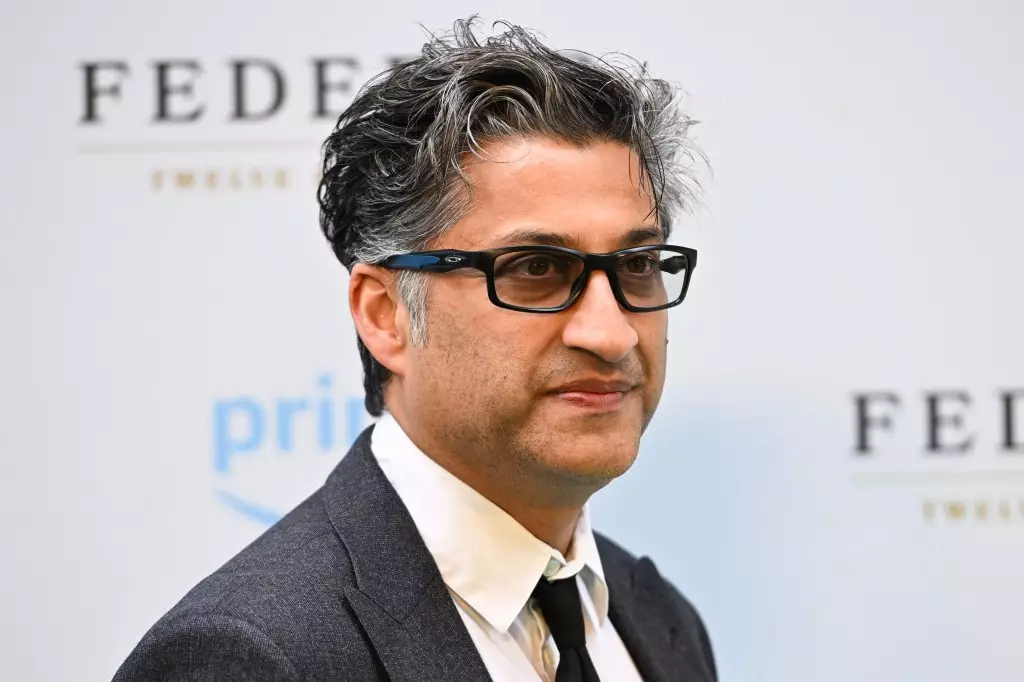Asif Kapadia, a notable British film director recognized for his poignant documentaries, has shared a troubling firsthand experience with systemic surveillance that has impacted his life and career. His story serves as a striking example of how individuals can become targets of scrutiny based on unfounded suspicions, highlighting the pervasive issues surrounding security protocols, especially for people of color in high-stake environments like airports.
Kapadia’s nightmare began upon returning from a trip to New York in the early 2000s. He recounted an incident where he was stopped at the airport after a taxi driver reported his seemingly innocuous behavior—photographing the cityscape. This innocuous act spiraled into a sequence of events that saw him confronted by homeland security personnel, an experience that began a decade-long saga of being placed on a watchlist. This overwhelming moment, where he was publicly humiliated by security forces in front of others, forced him to confront the underlying racial dynamics of a system designed to protect but often misidentifies threats.
The Long Shadow of Surveillance
For Kapadia, the implications of being on a watchlist extended far beyond mere inconvenience; it enforced a state of heightened anxiety and paranoia. Every time he attempted to board a flight, a routine action for many, he instead faced an intrusive interrogation process that stripped him of his privacy and dignity. The red lights flashing at him instead of the expected green signified not just suspicion, but a larger societal issue that plagues many individuals who do not fit a specific mold. The director’s experience emphasizes how fear can become entrenched in one’s psyche, forcing individuals to alter their behaviors and even avoid certain places, further isolating them.
The weight of this surveillance forced Kapadia to adapt; he became accustomed to explaining his presence and purpose due to the stigma attached to being watched. Such measures, including presenting a letter from Universal Studios affirming his work, illuminate the precarious balance individuals must maintain in a world fraught with growing surveillance technologies and policies.
Art Reflecting Reality
Kapadia’s work reflects not only his personal experiences but also broader societal themes. His latest film, ‘2073’, combines elements of science fiction with raw documentary style, delving into the consequences of surveillance, political upheaval, and climate change. The film encapsulates a future fraught with the very fears that haunt us today, depicting a world where populist figures and billionaires exacerbate societal divides through mismanagement and overreach.
By using a blend of archival footage and fictional narrative, Kapadia crafts a cautionary tale about the potential dangers of unchecked surveillance and societal paranoia. As he prepares for the release of ‘2073’ in the coming months, viewers are urged to reflect on the increasingly blurry lines between security and personal freedoms.
Kapadia’s journey from being a celebrated filmmaker to a casualty of surveillance politics underscores a crucial narrative: that the stories we tell in our art are often drawn from our lived experiences, revealing uncomfortable truths that society must confront.

